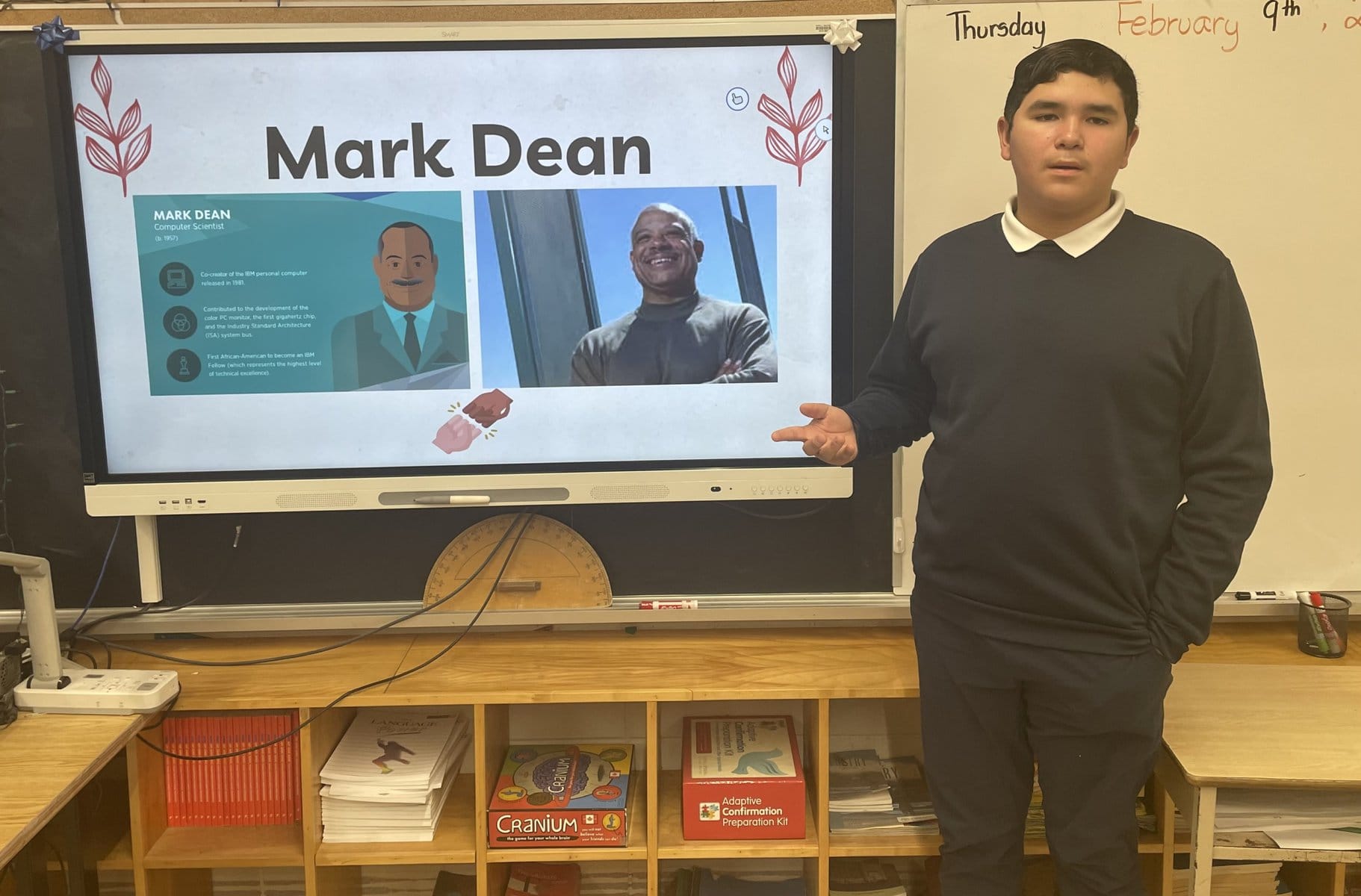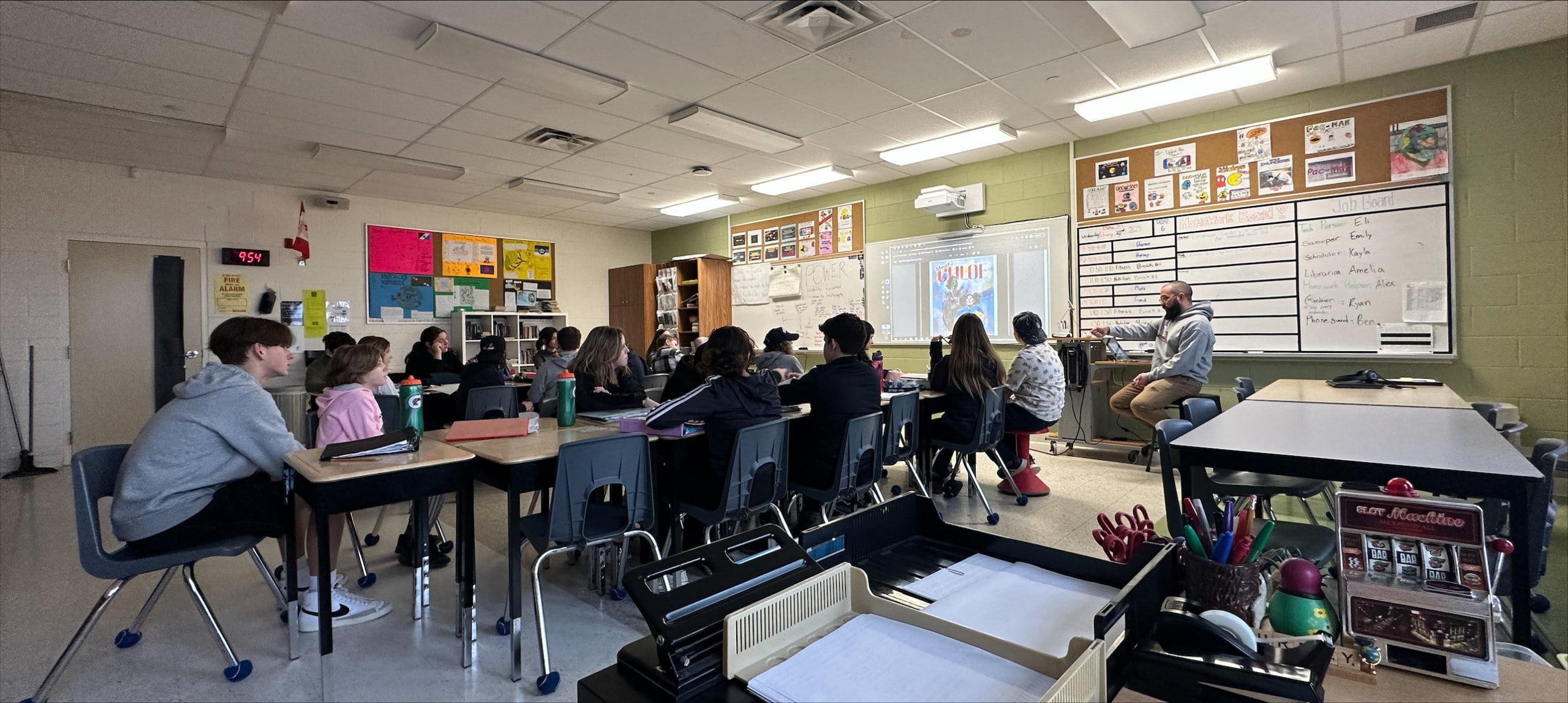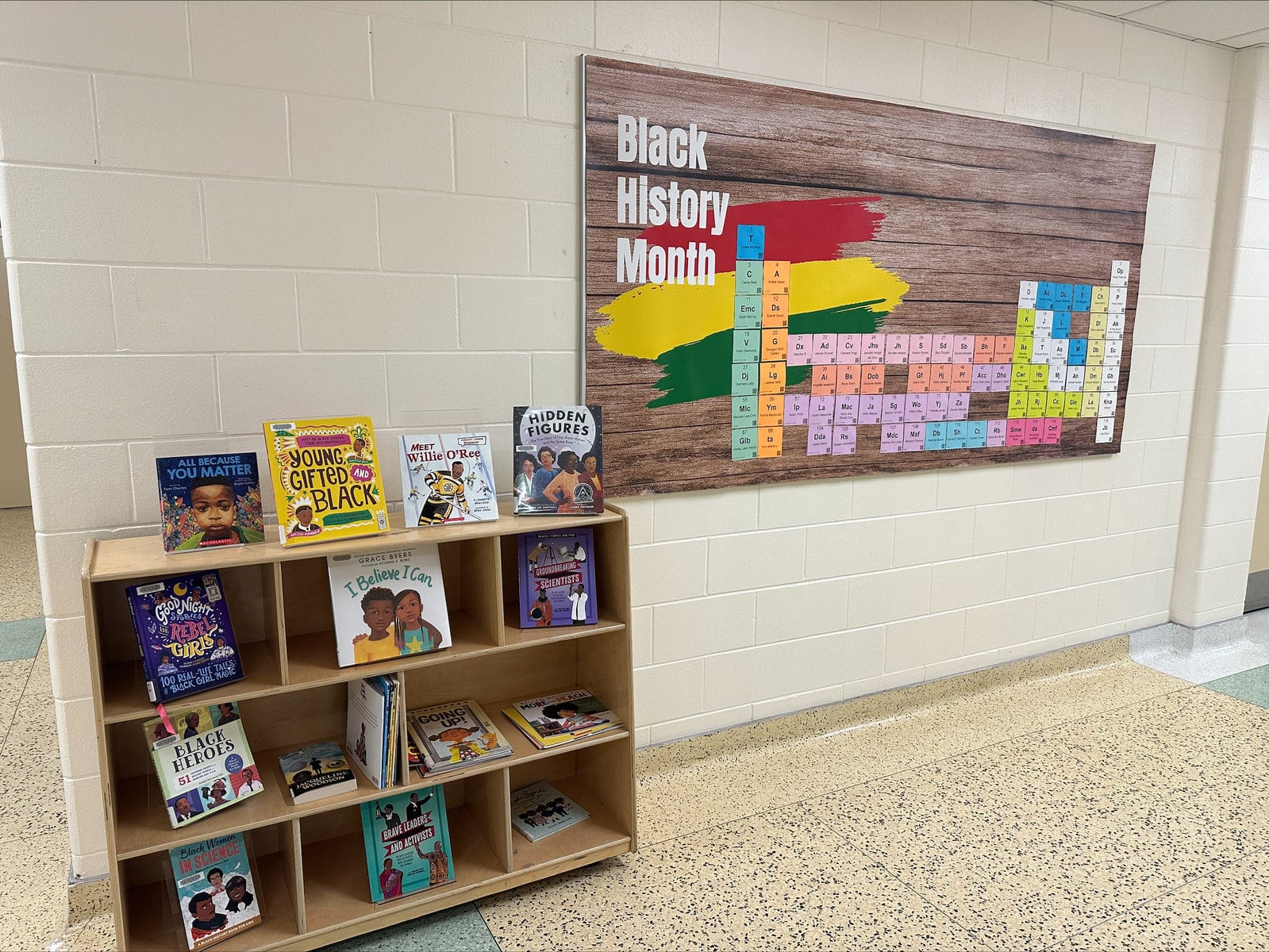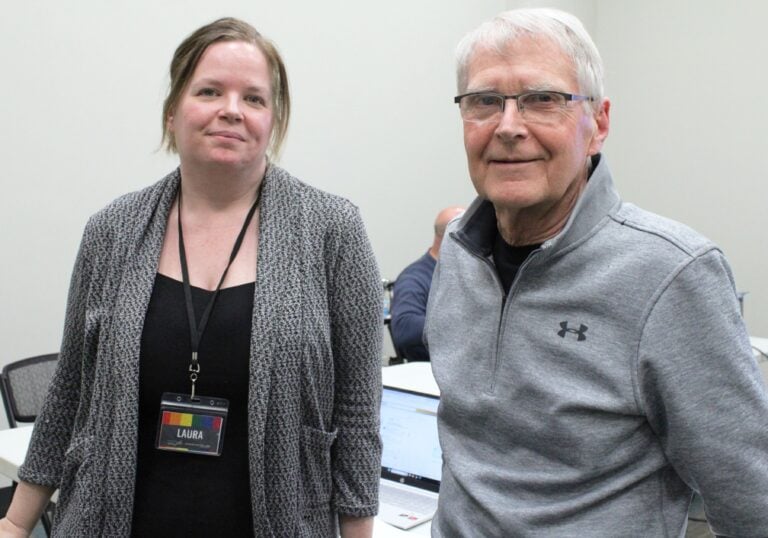The history of slavery is a weighty topic for the classroom.
That’s why schools in Niagara-on-the-Lake tend to use Black History Month as an opportunity to celebrate the culture and accomplishments of Black Canadians.
While the history of slavery in Canada is a sad one, at St. Michael Catholic Elementary School, “Students also learn about the many great accomplishments of members of the Black community,” says principal Emma Ferra-Massi.
Grade 8 students at St. Michael are using the month to learn about an “individual from the Black community that has made a significant impact on the world,” she said in an email.
Meanwhile, the kids in Grade 7 are working together on a classwide slideshow on Black Canadians who have influenced Canadian culture.
And students will discover the influence of Black musicians on “genres such as jazz, blues, R&B, gospel, soul, rock and roll, and hip hop” in their music class.
Throughout the month students will learn about “the history of slavery and Canada’s abolitionist history,” Ferra-Massi said.
“Students need to be taught the sad history of discrimination. We can’t erase the past, but learn from it and become better,” she said.
Jennifer Pellegrini, a communications officer for the Niagara Catholic District School Board, said the board works with Black-led community groups to get “culturally relevant programming” to students.
The board runs a year-round program with Tools of Empowerment for Success, a Black-led advocacy group, to connect Black students with mentors.
The school board also works with Lezlie Harper, founder of Niagara Bound Tours, to teach students about the Underground Railroad, which has deep roots in Niagara-on-the-Lake.
Harper, a descendant of an escaped slave, takes a lot of pride in the story of her community and tries to give students a story worth celebrating when taking them on tours or speaking to them in class.
It can be “really hard” to teach kids about “those tough parts,” she admitted.
Harper remembers when she first started Niagara Bound Tours that she tried to explain to a class of Grade 1 students how Black children were often separated from their parents on their journey to Canada.
Not being a teacher, Harper said, “It’s hard to explain it” to younger kids.
“I don’t want to give the children bad dreams,” she added.
The history is still important, though, especially for young Black kids, Harper said.
From the work she’s done with schools, Harper says she worries about how race is talked about in the classroom.
For white students, Harper wonders what it’s like to learn in an environment where they hear about “how horrible their race is.”
Lessons about “how ugly colonization was and how awful white people have been” might be causing more “confusion” – especially for mixed-racial children, she said.
Harper thinks it is harmful for Black students to continually hear about how they are “racialized and marginalized.”
“They never hear anything good about being Black,” she said.
“When we celebrate Black history, let’s celebrate and talk about how people rise above their circumstances and how we keep moving forward,” she said.
Harper rejects the idea that racism needs to be an uncomfortable conversation.
“The people who came before us went through the uncomfortable so that we could all – everyone – work together to be comfortable with one another,” she said.
The District School Board of Niagara has provided teachers with an educational resource to help them navigate the tricky task of teaching Black history.
The 39-page slideshow advises teachers to use Black History Month to celebrate accomplishments in the Black community.
It suggests teachers not start with slavery because of how traumatizing it is.
Instead, it recommends they focus on the positive contributions of Black Canadians to their culture.
Carolyn LoConte, a communications officer for the District School Board of Niagara, said the board offers professional development courses for teachers throughout the year.
Crossroads Elementary School principal Kate Fish said the school has “added hundreds of books to our school library collection” over the last two years to help expose students to more diverse literary options.
The school has a rotating selection of the books on display where kids can see them and perhaps pick one up, she said.
Fish said the Grade 7 and 8 students at Crossroads also have watched a virtual presentation of “Meet Chloe,” performed by the Carousel Players.
“Meet Chloe” is an educational play about a student trying to convince her teachers to share the history of Chloe Cooley with her classmates.
Cooley was enslaved to a Queenston farmer in the late 1700s when she protested her treatment. He took her across the border to the U.S. and it is not known what happened to her.
The incident helped led to the passage of Canada’s Act Against Slavery in 1793.
Carousel Players is a Niagara-based theatre company that produces content for young audiences and frequently performs educational plays like “Meet Chloe” in schools.
Fish said her students also will get the chance to see the NOTL Museum’s display about Cooley in the spring.












